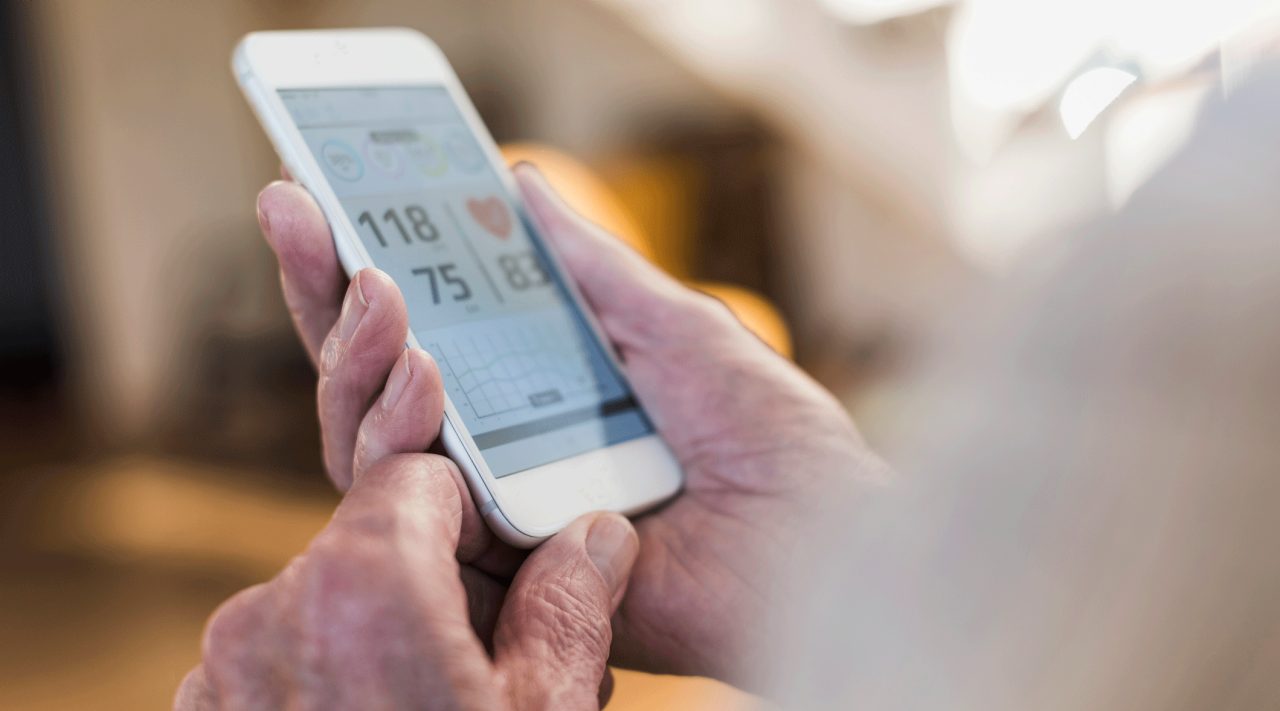What Is High Blood Pressure?

You hear about it all the time, but what is high blood pressure? If your blood pushes too hard against your artery walls, you may be at risk for stroke or heart attack.
According to the Centers for Disease Control and Prevention, more than 110 million U.S. adults have high blood pressure. But only 24 percent of these people have it under control. Many younger people are also developing the dangerous condition.
Sometimes high blood pressure will make you feel short of breath when exercising. But it is considered a silent killer because often you won’t have any symptoms at all. Don’t assume that because you feel okay you don’t have a problem. Even if you have no symptoms, you should take high readings seriously.
High blood pressure increases your risk of heart attacks, stroke, and kidney disease.
YOU MIGHT ALSO LIKE: High Blood Pressure Symptoms
What is high blood pressure (also called hypertension)?
Normal blood pressure is below 120/80 mm Hg (millimeters of mercury.) The top, or systolic, number describes the pressure when your heart beats. The bottom, or diastolic, number refers to the pressure in between beats.
If the top number in an adult is between 121 to 129, and the bottom number is less than 80, you have elevated blood pressure, the American Heart Association (AHA) explains. You will be diagnosed with high blood pressure if your systolic blood pressure is 130 or higher or you have 80 diastolic or higher. A 180/120 or above reading is considered severe. With earlier guidelines, the cutoffs for normal blood pressure were 140/90.
In older people, the systolic number is often 130 or higher, but the diastolic is less than 80 — a problem called isolated systolic hypertension. It means your major arteries have stiffened over time. You might feel short of breath while exercising and lightheaded if you stand up too fast. You may need more than one kind of medication.
The only way to check your blood pressure is to see your healthcare practitioner. Look for the average of at least two readings on separate days.
For example, if your blood pressure is high during a visit to your doctor, on another day you can give blood, and your pressure will be checked again. Your doctor may ask you to check your blood pressure at home at different times of the day. If the pressure stays high, even when you are relaxed, you may need to get more exercise, improve your diet, or take medication.
What are the risk factors for high blood pressure?
Men are more vulnerable than women to high blood pressure, especially as they age.
Risk factors include:
- Smoking or exposure to secondhand smoke
- Being overweight or obese
- Diabetes
- High cholesterol
- Alcohol abuse
- Too much salt in your diet
- Prolonged stress
- Lack of exercise
A family history of high blood pressure, sleep apnea, and kidney disease are also risk factors.
How to lower your blood pressure
The steps you take to keep your blood pressure in a good range will improve your overall health and likely make you feel great.
- Maintain a healthy weight.
- Don’t smoke and avoid smoky places.
- Avoid salty food.
- Eat plenty of fruits, vegetables, whole grains, and low-fat dairy.
- Eat foods rich in potassium, which include avocados, sweet potatoes, spinach, coconut water, beans, butternut squash, and bananas.
- Women should stick to one alcoholic drink a day and men to two.
- Aim for at least three sessions a week of aerobic and strength-building exercise.
If your doctor gives you medicine for your blood pressure, don’t forget to take it. A heart attack or stroke will create much more interference in your life. Prevention is well worth the trouble.
Updated:
March 08, 2023
Reviewed By:
Janet O’Dell, RN